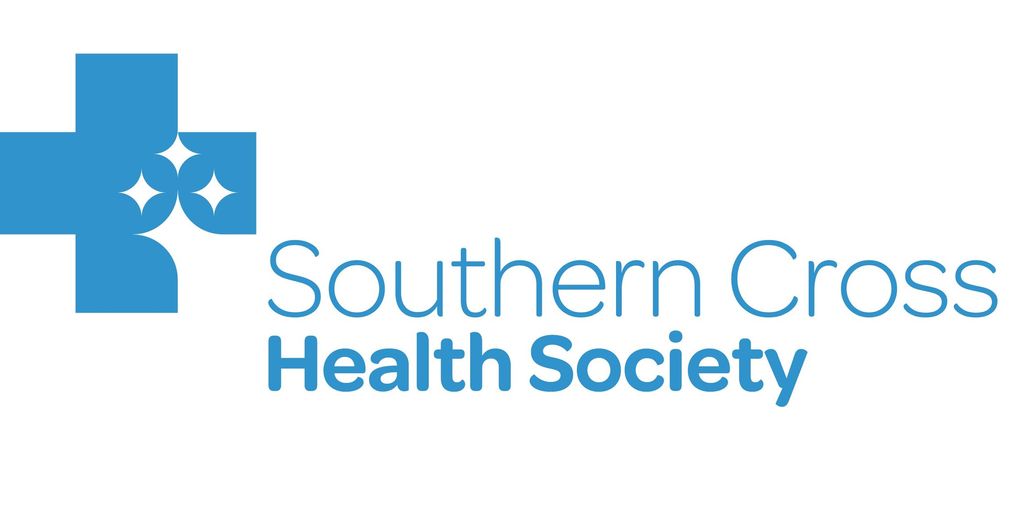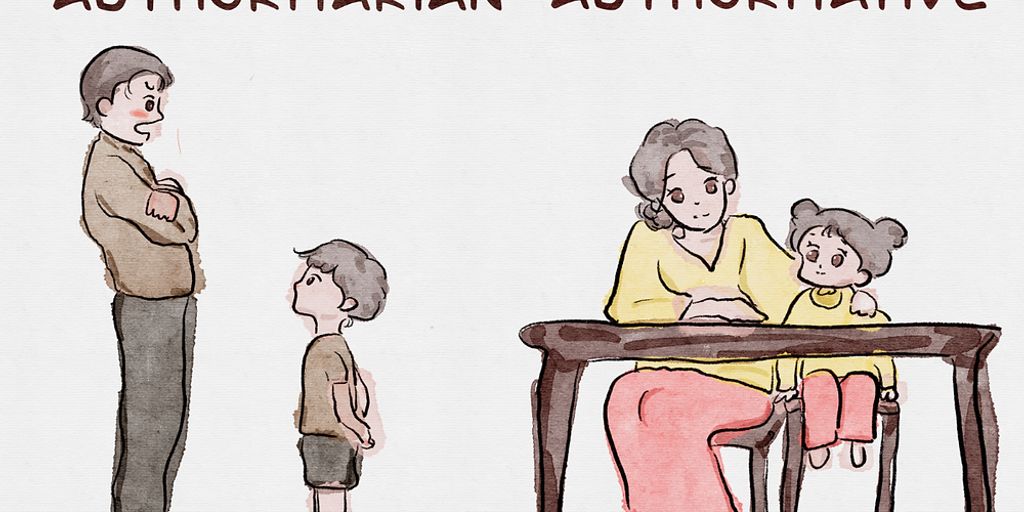
Nutrition is super important for keeping us healthy. Eating the right foods can help protect us from diseases like heart disease, cancer, and diabetes. But it’s not just about preventing diseases. Good nutrition also helps our brains work better, keeps our moods stable, and even helps us stay fit. This article will explain how nutrition affects different parts of our health and give you some tips on how to eat better.
Key Takeaways
- Eating well can help prevent serious diseases like heart disease, cancer, and diabetes.
- Good nutrition is important for mental health and can help improve mood and brain function.
- Nutritional needs change at different stages of life, so it’s important to eat the right foods for your age.
- Poor nutrition can lead to health problems and make it hard to break the cycle of poor health.
- Simple changes in your diet, like planning meals and choosing nutrient-dense foods, can make a big difference in your overall health.
The Role of Nutrition in Preventing Chronic Diseases
Heart Disease and Diet
Heart disease is a leading cause of death, but good nutrition can help prevent it. Eating a diet rich in fruits, vegetables, and whole grains can keep your heart healthy. Limiting fast food and sugary drinks is also important. A balanced diet helps maintain a healthy weight and good insulin sensitivity, which are key to a healthy cardiovascular system.
Nutrition and Cancer Prevention
Certain foods can lower the risk of cancer. For example, eating plenty of fiber from fruits and vegetables can help. Antioxidants found in berries and nuts also play a role in protecting cells from damage. Avoiding processed meats and limiting alcohol can further reduce cancer risk.
Managing Diabetes Through Nutrition
Managing diabetes involves more than just medication. A healthy diet is crucial. Foods that are low in sugar and high in fiber can help control blood sugar levels. Whole grains, lean proteins, and healthy fats are good choices. Staying active and maintaining a balanced diet can lessen symptoms of current illness and improve overall health.
Nutrition is a powerful tool in preventing chronic diseases. By making smart food choices, you can protect your health and improve your quality of life.
How Nutrition Affects Mental Health
Nutrients for Brain Health
There is growing evidence that diet and mental illness are closely linked. Improving your nutrition can directly affect mental health symptoms and improve overall mental wellness. For example, one study found that diet changes can help mental health. This includes eating more omega-3 fatty acids and certain vitamins and minerals.
Diet and Mood Disorders
Many mental health experts see nutrition as an integral part of preventing the onset and worsening of mental health conditions and therapeutically managing the symptoms. Various research studies highlight the connection between nutrition and mental health conditions such as depression, anxiety, and ADHD. A 2014 randomized, controlled study found that reducing inflammation by increasing omega-3 intake could prevent some kinds of depression.
The Gut-Brain Connection
Today, modern scientific research is clarifying this food-mood connection. There is growing evidence that diet and mental illness are closely linked. Improving your nutrition can directly affect mental health symptoms and improve overall mental wellness. The precise number of mental health cases connected to nutrition is unknown. However, depression is one of the most common mental health conditions globally, and a large percentage of the population struggles with undiagnosed anxiety, depression, or both.
Understanding Nutritional Needs at Different Life Stages

Nutrition for Children
Children need a variety of nutrients to support their rapid growth and development. Without these nutrients, the body works to conserve the available nutrients. This often means prioritizing keeping you alive while sacrificing mental well-being and energy levels. Key nutrients include proteins, vitamins, and minerals. Parents should focus on providing a colorful, nutritious meal to ensure their kids get a balanced diet.
Nutritional Requirements for Adults
For adults, maintaining energy levels and protecting against age-related illnesses like heart disease, cancer, and diabetes is crucial. A balanced diet rich in protein and calories is essential for maintaining overall health. Adults should aim to meet their nutrient needs through a variety of foods, including fruits, vegetables, lean proteins, and whole grains.
Elderly Nutrition and Health
As we age, our [nutritional needs change](https://www.aorvethospital.com/services/dogs/blog/understanding-your-dogs-nutritional-needs-different-life-stages). The elderly may need more of certain nutrients to maintain their health. It’s important to focus on nutrient-dense foods that provide the necessary vitamins and minerals without too many extra calories. If you need help with balancing nutrients in your diet, reach out to a health care professional for guidance on making the best choices for your body.
Proper nutrition helps keep energy levels up and protects against many age-related illnesses and diseases. Understanding your body’s changing needs is key to staying healthy at any age.
The Impact of Poor Nutrition on Overall Health
Consequences of Nutrient Deficiency
Poor nutrition can lead to a range of health problems. Nutrient deficiencies can cause issues like weak bones, poor vision, and a weak immune system. Children are especially at risk because they need proper nutrition for growth and development. In hospitals across the U.S., malnutrition affects over 30% of patients, leading to longer hospital stays and higher medical costs.
The Cycle of Poor Diet and Poor Health
Hunger and health are deeply connected. When people don’t have enough food or have to choose cheap foods with low nutritional value, it can seriously impact their health. This creates a cycle of poor diet and poor health that is hard to break. Improving mental health with nutrition comes down to breaking this negative cycle.
Addressing Hunger and Health Disparities
Food insecurity and the lack of access to affordable nutritious food are associated with increased risk for multiple chronic health conditions such as diabetes. Healthy bodies and minds require nutritious meals at every age. But when people don’t have enough food or have to choose inexpensive foods with low nutritional value, it can seriously impact their health. And once the cycle of poor diet and poor health begins, it can be hard to break.
Practical Tips for Maintaining a Healthy Diet
Healthy Meal Planning
Planning your meals ahead of time can make a big difference in your diet. Healthy meals start with planning. Try to include a variety of food groups in each meal, such as fruits, vegetables, proteins, and whole grains. This ensures you get a balanced diet and all the nutrients your body needs.
Smart Grocery Shopping
When shopping for groceries, make a list and stick to it. This helps you avoid impulse buys and ensures you get what you need for your planned meals. Look for fresh produce, lean proteins, and whole grains. Be cautious of processed foods and read labels to check for added sugars and sodium.
Incorporating Nutrient-Dense Foods
Nutrient-dense foods are packed with vitamins and minerals but low in calories. Examples include fruits, vegetables, lean meats, and whole grains. These foods help you get the nutrients you need without consuming too many calories. Try to make balanced choices for snacks, that include carbohydrates, proteins, and fats, such as apple or crackers with cheese, or yogurt and granola.
Consistency is key. Feeling the benefits of a healthy diet may take time, but daily healthy choices will add up and lead to positive results in both your mind and body.
The Science Behind Nutritional Supplements
When Supplements Are Necessary
Doctors have differing opinions about dietary supplements. Some believe they are not necessary, while others take a "might-help-won’t-hurt" approach to fill in nutritional gaps in one’s diet. If you want to explore taking a supplement, first check with your doctor. He or she can advise whether they are needed and help choose the appropriate over-the-counter brand.
Choosing the Right Supplements
The science surrounding dietary supplements has evolved substantially over the last few decades since their formal regulation in 1994. Much has been learned about how these supplements interact with our bodies. When choosing a supplement, consider the following steps:
- Identify your nutritional needs.
- Research the supplement’s effectiveness.
- Check for quality and safety certifications.
- Consult with a healthcare professional.
Potential Risks of Over-Supplementation
While taking dietary supplements as prescribed usually doesn’t cause serious issues, over-supplementation can lead to health problems. For example, taking too much vitamin A can cause liver damage. It’s important to follow dosage instructions and not exceed recommended amounts.
Ironically, the populations at risk of nutrient deficiencies are often the ones who do not use supplements. This highlights the importance of balanced nutrition and proper guidance on supplement use.
The Connection Between Nutrition and Physical Fitness
Fueling Your Workouts
Your body needs the right fuel to perform well during exercise. Eating the right foods before, during, and after workouts can make a big difference. In the 30-60 minutes after your workout, your muscles can store carbohydrates and protein as energy and help in recovery. Eat healthier sources of carbohydrates like fruits and whole grains to keep your energy up.
Post-Exercise Nutrition
After you exercise, your body needs to recover. This is the best time to eat foods that help your muscles repair and grow. Protein is very important for this. Try to eat a meal with both protein and carbohydrates soon after you finish your workout.
Remember, both exercise and diet can improve your health, boost weight loss, and more.
Balancing Macronutrients for Optimal Performance
To get the most out of your workouts, you need to balance your macronutrients. This means getting the right amounts of protein, carbohydrates, and fats. Each of these plays a different role in your body. Protein helps build muscles, carbohydrates give you energy, and fats support your overall health. Finding the right balance can help you perform better and feel better overall.
Conclusion
In summary, good nutrition is key to staying healthy. Eating a balanced diet gives your body the fuel it needs to work well. It helps protect you from many diseases, like heart disease and diabetes. Remember, making healthy food choices doesn’t have to be hard or expensive. By understanding the basics of nutrition and making small changes, you can improve your health and well-being. So, start today and take the first step towards a healthier life.
Frequently Asked Questions
What is nutrition and why is it important?
Nutrition is about eating a balanced diet to fuel your body. It helps maintain your brain, muscles, bones, and immune system. Good nutrition also protects you from diseases like heart disease, diabetes, and cancer.
How does nutrition affect mental health?
Eating the right foods can improve your mood and brain function. Nutrients like omega-3 fatty acids and vitamins play a key role in mental well-being.
What are the consequences of poor nutrition?
Poor nutrition can lead to serious health problems like heart disease, diabetes, and nutrient deficiencies. It can also affect your energy levels and overall well-being.
How can I maintain a healthy diet on a budget?
Plan your meals ahead, buy in bulk, and choose seasonal fruits and vegetables. Cooking at home instead of eating out can also save money.
When should I consider taking nutritional supplements?
Supplements can be helpful if you have specific nutrient deficiencies or dietary restrictions. Always talk to a healthcare professional before starting any supplements.
What is the gut-brain connection?
The gut and brain are connected through the gut-brain axis. A healthy gut can improve your mood and mental health, while a poor diet can negatively affect your brain function.






